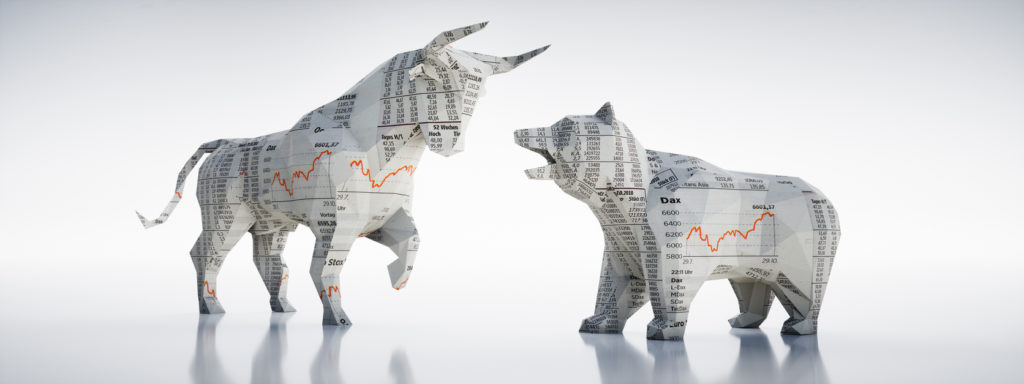What is the difference between CFDs and Spread Betting?
Updated for 2023
Investing in financial markets can be profitable, but a vehicle or security such as traditional Share ownership can require large amounts of capital. This is because you’ll need to buy Shares in significant quantities to make sworthwhile short-term profits from their price movements. The answer? Leveraged financial instruments which allow investors to get sufficient market exposure by paying only a small deposit on the value of the underlying assets they are exposed to for a given period. Two such products are CFDs and Spread Betting. In this article, CFDs vs Spread Betting, we examine the implications for for trading and speculation. CFDs stands for Contracts for Difference though I have no doubt you already are well aware of this!
In Short:
Similarities:
- Both CFDs and Spread Betting are a way to speculate on the price movements of underlying assets without actually owning them
- CFDs and Spread Betting are traded on margin, meaning they can be leveraged
- CFDs and Spread Betting are legal in some Countries and not in others
Differences:
- CFDs in most jurisdictions are considered subject to tax, whereas Spread Betting is not (see this article on tax and cfds for more info; just like CFDs all jursdictions vary)
- Spread betting typically has narrower spreads than CFDs
- Spread bets typically have a fixed expiration date
Contracts for Difference (CFDs) are derivative products offered by financial institutions which allows investors to take a position on the future value of an underlying asset by paying a premium. Spread betting is similar in that it allows an investor to place a ‘bet’ on whether the market will rise or fall where the difference (or spread) between the opening and closing market prices are settled through a cash payment. The investor makes bet on a chosen financial instrument (a stock, forex value or commodity, for example) and bets a specified amount on whether it will rise or fall.
In both methods there is no purchase of securities in these transactions, although a CFD contract does have a transferable value until it is closed. A CFD is, in effect, a tradeable security between a client and broker who are exchanging the difference in price from when the contract is opened until it is completed or reversed. While the client only pays a small percentage of the value of the shares (10% for example) they receive all the benefits if the price moves in their favour; conversely they are also liable for the losses if it moves against them.

Which is better?
The question of which is better, CFDs vs spread betting, will depend on an investor’s appetite for risk and potential downside losses. Spread bets have fixed expiration dates which are set when they are made while CFDs do not (although typically they are held for no longer than a day). CFDs are subject to commission charges and fees while with spread betting there are none. At the end of a spread bet the investor receives the dollar amount he bet multiplied by the change in points in the market (assuming he won the bet) which represents his profit or loses all his money. In the case of CFDs, when the contract is closed the investor can realize a profit if the price movement was in his favour but, if not, he must pay the trader the amount that the share price moved against him which can be significant. In addition, profits made on CFDs are subject to taxation in most jurisdictions while spread bets are normally not.
Where can I trade CFDs and Spread Betting?
CFDs are legal in many Countries, though not all, most notably the USA. Like CFDs, the legality of Spread Betting depends on your jurisdiction.
As always, it comes down to risk and reward
While spread bets and CFDs are similar on the surface they have some differences that a novice investor should be aware of. Spread betting is free of commissions and the most an investor can lose is the amount he bet. CFDs, while offering the potential for much higher profits, have the drawback that the investor is liable to pay as much on the downside to the trader when the price moves against him as well as paying commission fees for the pleasure. It all comes down to an investor’s appetite for risk and reward.




